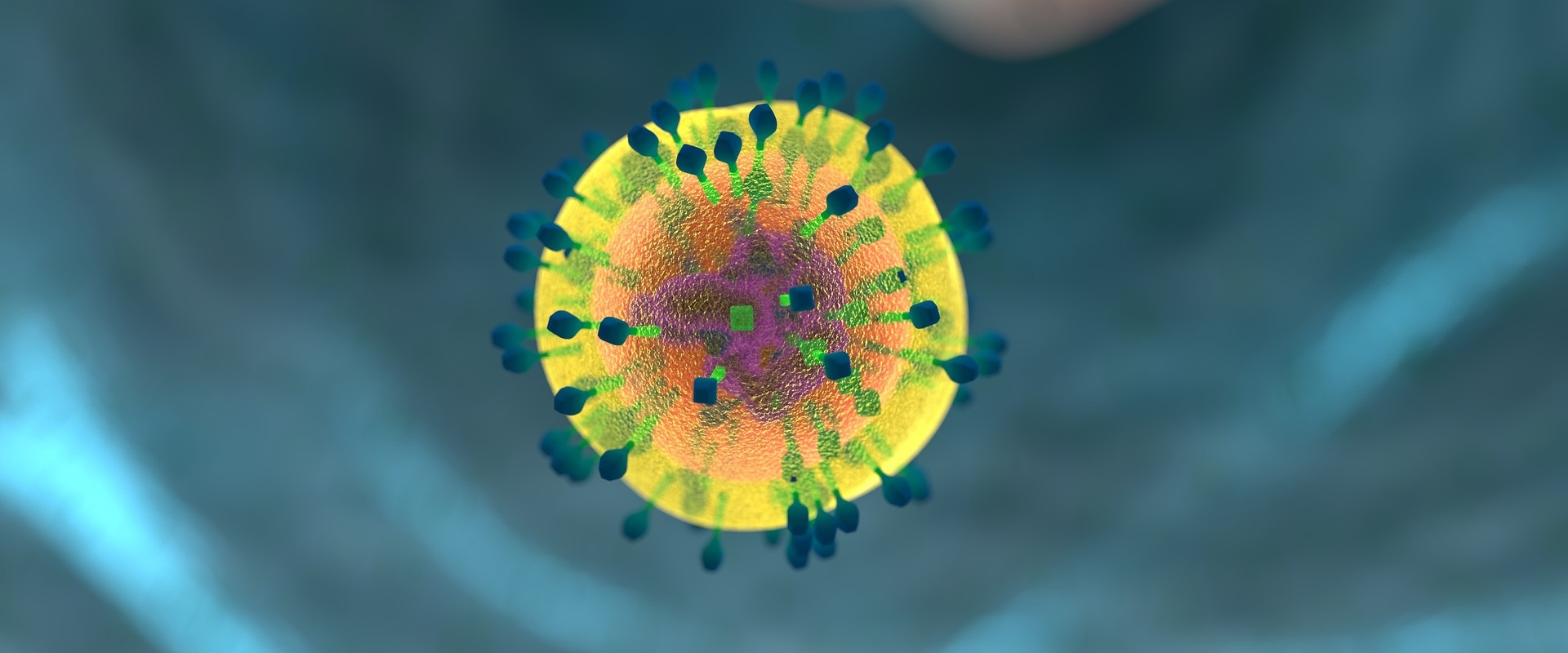
Effects of the Microflora on Human Immune Responses
Kevan Herold, MD
Professor of Immunobiology and Internal Medicine, Yale School of Medicine
Project: Yale researchers have been interested in the role of the microbiome in modifying autoimmunity and the effects of immune agents on autoimmune therapies such as anti-CD3 antibody and others. In preliminary studies we have found that change in the microbiome, induced by antibiotics, can alter the effects of immune agents in humanized mice. In this model system, treatment of mice with human immune systems can block the effects of anti-CD3 antibody on preventing transplant rejection. Other studies, of agents such as anti-PD-L1 and anti-CTLA-4 antibodies have also shown that the effects of the drugs on cancer are modified by the micriobome of the host.
Yale researchers propose to evaluate the effects of the microflora on human immune responses following treatment with biologic agents in humanized mice. Specifically researchers propose to identify which organisms are important, how they modify immune cells, and determine whether the composition of the microbiome can determine responses to biologics among patients with autoimmunity and cancer. Yale researchers propose to collaborate with colleagues at the Weizmann Institute and Jackson laboratory who have expertise in the biology of the human microbiome and the effects of the microbiome on immune responses.
The collaboration will involve using model systems, bioinformatics, and analytics that have been developed at the three institutions. In some cases, investigators will travel to the other site to help establish models that may be used by collaborating research groups. Data can be shared electronically and web conferences can be used to enable teams to collaborate. Clinical material, from patients with autoimmunity and cancer can be obtained at Yale.
We anticipate that this collaboration will synergize efforts of research teams that are already working in this rapidly expanding area of investigation.</p.